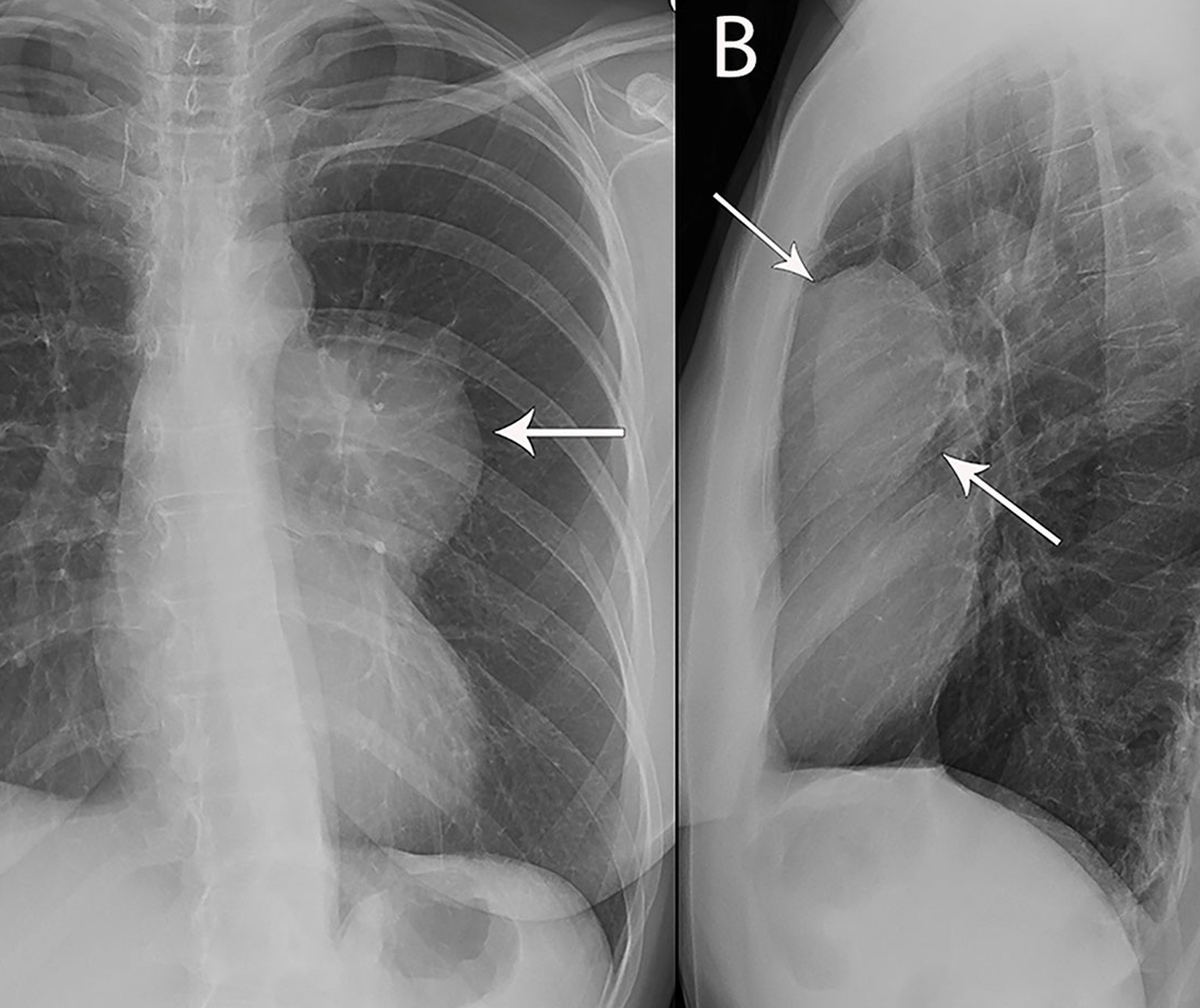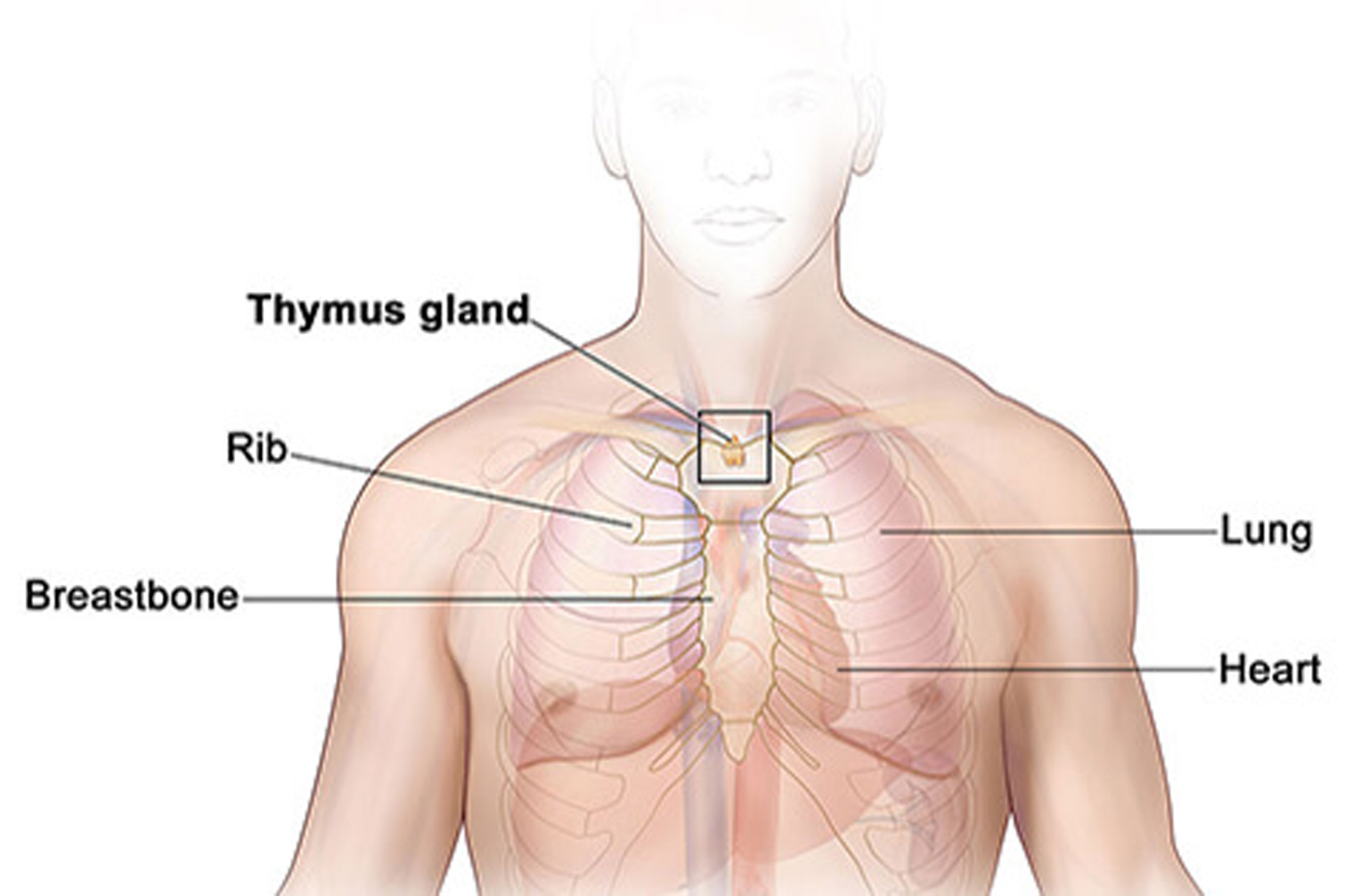Holy Family Hospital Delhi
Thymoma Treatment & Surgical Removal
Thymoma is a rare tumor that develops in the thymus gland, located in the chest. Dr Pallavi Purwar specialises in the surgical management of Thymoma, offering you the most effective treatment options available. With years of experience and a deep understanding of the complexities of Thymoma, Dr Pallavi is dedicated to providing you with the best possible outcome.
Decoding Thymoma:
Thymoma Treatment
Thymoma Navigating Diagnosis and Treatment Options
Thymoma is a type of tumour that develops in the thymus gland, which is located in the chest.
The most effective treatment for Thymoma is to surgically remove the tumour along with the thymus gland. This offers the best chance for a cure. If the tumour is contained within the thymus gland, it is usually possible to remove the entire tumour.
However, in some cases, the tumour may spread into nearby structures. During surgery, the full extent of the tumour can be accurately assessed. Depending on the size of the tumour and whether it has invaded nearby structures like the lining of the heart, the chest wall, or nearby blood vessels, different surgical methods may be used to remove the tumour.
Dr Pallavi Purwar
Thoracic Surgeon - Holy Family Hospital Delhi
Unraveling Thymoma
Thymoma - Surgical Treatment
Before the surgery, the Thymoma is assessed using computed tomographic (CT) images to determine its size and invasiveness. This helps the surgical team plan the best approach for removing Thymoma. The goal is to remove Thymoma completely while minimising the damage to surrounding structures.
It’s important to note that the specific treatment approach may vary depending on the individual case. It’s always best to consult with a healthcare professional who can provide personalised information and guidance based on the specific situation of the patient.
Myasthenia Gravis-like Weakness
Thymoma challenges your strength. Picture struggling to lift even the simplest objects or raise your arms; it's as though your muscles are weighed down, making routine tasks a formidable feat.
Persistent Cough or Shortness of Breath
If you find yourself getting out of breath more easily than usual. It's like your lungs are not working as smoothly as they should be, causing discomfort and making you feel breathless.
Chest Pain or Pressure or Chest Discomfort
A dull ache or pressure in your chest area. This sensation can sometimes be mistaken for heart-related issues, but it's crucial to consider thymoma as a possible cause.
Wealth of Experience
Treatment of Thymoma
The cornerstone of Thymoma treatment is complete surgical removal of Thymoma along with the thymus gland. Dr Pallavi Purwar is highly skilled in performing this procedure, ensuring complete removal of Thymoma, while preserving the surrounding structures. This approach offers the best chance for a cure and long-term remission.
Highly skilled and experienced in the surgical management of Thymoma: Specialises in complete surgical removal of the tumour along with the Thymus gland.
Tailors the surgical approach based on the specific characteristics of the Thymoma: Dr Pallavi Purwar utilizes advanced imaging techniques, such as computed tomography (CT), to accurately assess the extent of the tumor and thereby tailors the surgical approach based on the specific characteristics of the Thymoma
Actively involved in innovative research and clinical trials to advance Thymoma treatment: Dr Pallavi Purwar offers personalised treatment plans based on the individual needs of each patient. Committed to delivering the highest standard of care backed by the latest scientific advancements.


Core of Our Practice
Each Patient's Journey is Unique
At the core of our practice lies the belief that each patient’s journey is unique.
We are committed to understanding your specific needs and expectations, and partnering with you in devising a personalised treatment plan. Your comfort, confidence, and well-being are our utmost priorities.
Understanding Individual Needs: As a Thoracic Surgeon at Holy Family Hospital Delhi, Dr. Pallavi Purwar prioritise understanding each patient's specific needs and expectations to tailor a personalised treatment plan.
Focus on Comfort & Well Being: Our utmost priorities are ensuring our patient's comfort, instilling confidence in their treatment journey, and promoting overall well-being throughout the process.
care that extends beyond the operating room
Patient-Centered Care
General FAQ
Have any guestion?
Thymoma is a rare type of tumor that develops in the thymus gland, which is located in the chest behind the breastbone. The thymus gland plays a role in the development of the immune system, particularly during childhood.
The exact cause of Thymoma is unknown. However, it is believed to be related to genetic mutations that occur in the cells of the thymus gland. Thymoma is not typically associated with lifestyle factors or environmental exposures.
The symptoms of Thymoma can vary depending on the size and location of the tumor. Common symptoms include chest pain, coughing, difficulty breathing, fatigue, weight loss, and muscle weakness. Some individuals may not experience any symptoms and the tumor is discovered incidentally during a routine medical examination.
Thymoma is typically diagnosed through a combination of imaging tests, such as chest X-rays, computed tomography (CT) scans, and magnetic resonance imaging (MRI) scans. A biopsy, which involves removing a small sample of tissue from the tumor, is often necessary to confirm the diagnosis.
The treatment of Thymoma depends on several factors, including the stage of the tumor, its size, and the overall health of the patient. Treatment options may include surgery to remove the tumor, radiation therapy, chemotherapy, or a combination of these approaches. The specific treatment plan is determined on an individual basis.
The prognosis for Thymoma varies depending on the stage and characteristics of the tumor. In general, Thymomas tend to grow slowly and have a relatively good prognosis compared to other types of cancers. However, the prognosis can be influenced by factors such as the tumor's invasiveness, the presence of metastasis, and the overall health of the patient.
The long-term effects and complications of Thymoma treatment can vary depending on the specific treatment received. Surgery may result in scarring or damage to surrounding tissues, while radiation therapy and chemotherapy can have side effects such as fatigue, hair loss, and nausea. It is important to discuss potential risks and complications with your healthcare team.

care that extends beyond the operating room
Robotic Surgery for Thymoma
Robotic surgery for Thymoma is a minimally invasive approach that offers the benefits of a transsternal (through the breastbone) procedure without the associated trauma.
During Robotic Thymectomy, the surgeon operates using small instruments with flexible joints while sitting at a console. They have a high-resolution, three-dimensional view of the thymus gland, allowing for precise and delicate removal. This visual guidance helps the surgeon avoid cutting nearby important structures and ensures complete removal of the thymic horns, which extend into the neck.
The combination of a surgeon-controlled camera, enhanced image clarity, and dexterity of the robotic instruments allows for safe and precise thymectomy, even in tight spaces. It’s important to note that not all thymomas are suitable for robotic surgery. Factors such as tumor size, invasiveness, and the surgeon’s experience play a role. Dr. Pallavi Purwar, with her extensive experience has wide spread experience in this procedure in the country.